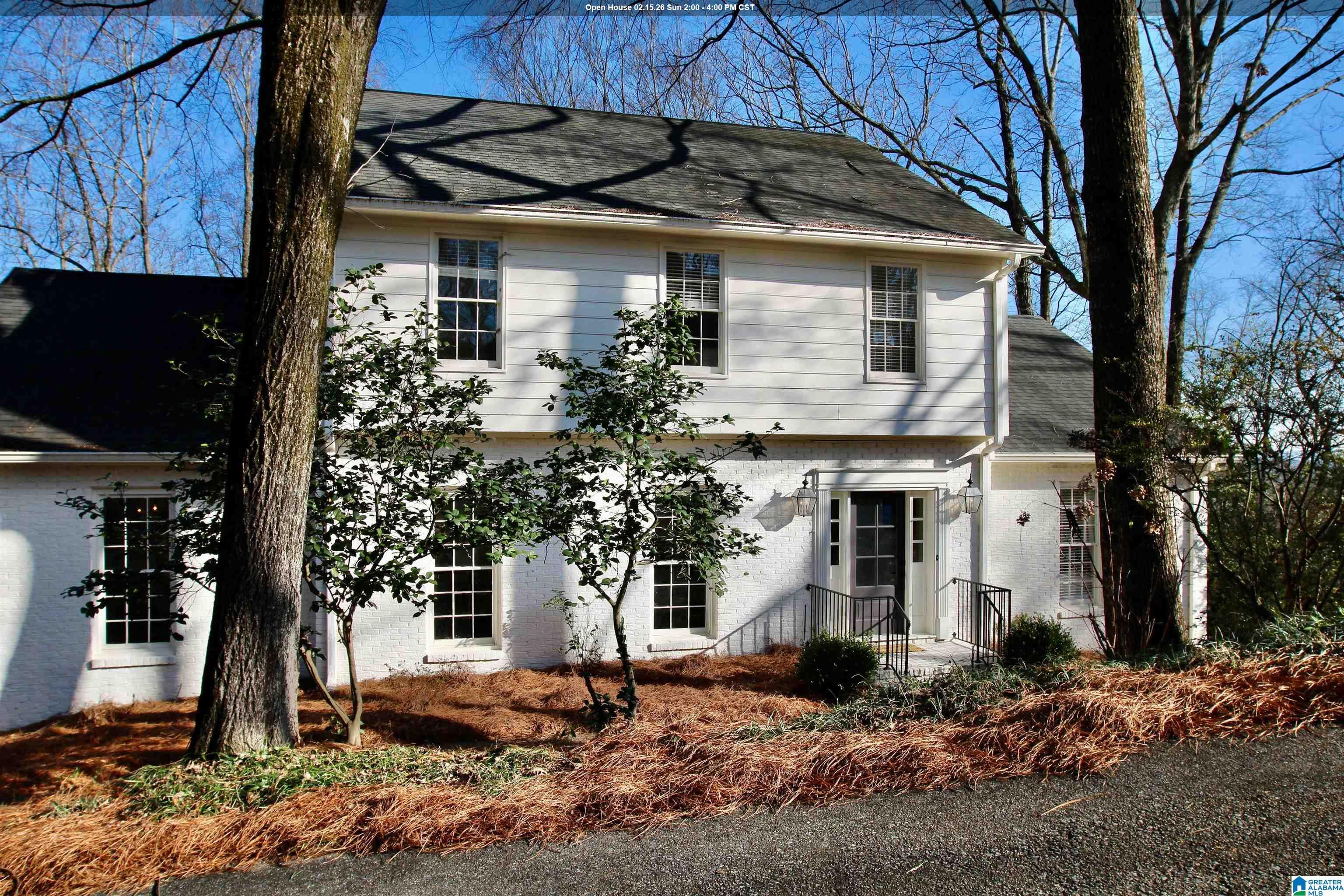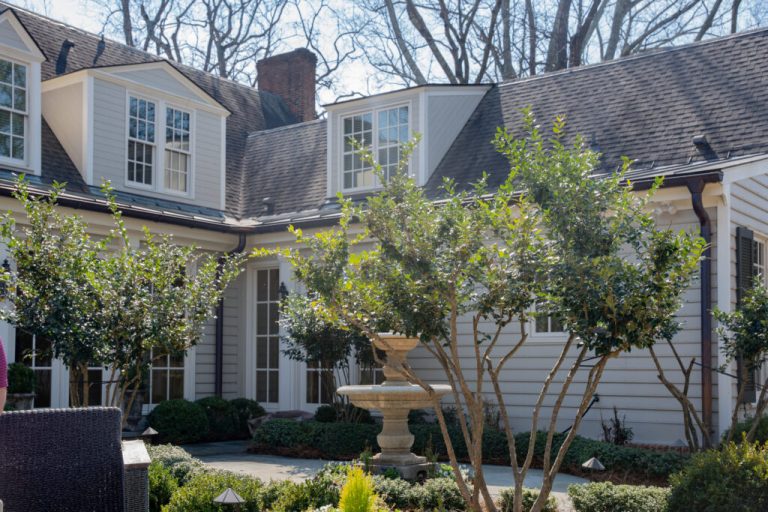Reviewed by: Nathan Watson
Groundbreaking projects from Auburn Rural Studio featured in prominent international publication
Reading time: 4 minutes

About two decades ago, four students at the Auburn University Rural Studio in the small town of Newbern in Hale County designed and helped construct a fire station.The special project was featured in the New York Times, Architectural Review and numerous national publications.
Fast forward to July 2023, that groundbreaking project continues to resonate. This month, in the July/August 2023 edition of Monocle—an international magazine that is considered one of the most influential and popular architectural and design publications in the world—featured that same fire station and the impactful Auburn University architecture program that made it happen.
How does a fire station built so long ago still matter today? Read on to find out why.
Student-Led Architecture
Back around 1999, Matthew Finley was a pre-med student at Auburn University. He never thought he would be an architect. That all changed when he saw a feature on 60 Minutes about the Auburn University Rural Studio.
“I didn’t have an inclination of going to architecture school, but I got so enamored with the program,” Finley told The Bama Buzz. “I wanted to be a part of it. I basically changed my major just to do whatever I could do to get out there into the program, working for a community”
Once in the program, Finley, along with three classmates, Will Brothers, Leia Currie and Liz Alexandra were given a task to design and build a fire station for the community of Newbern whose population at the time was just over 200 residents. The fire station was the town’s first public building in 110 years.
More than building a fire station

Finley described how it all came about.
In the case of the fire station, the Newbern volunteer fire department had written a grant for a new fire truck. To receive the truck, the town needed a place to park it — house it.
Through the Auburn Rural Studio, Finley and his classmates were tasked with designing a structure that met their community’s needs to enable them to take possession of the new fire truck.
“I think the most important part of that experience was living in the community, joining the volunteer fire department itself and actually participating in responding to calls. We got to meet everybody,” Finley reminisced about the two decade old project. “It was a mammoth undertaking. The four of us who constructed the entire project stayed a year past our graduation date to make sure it got finished.”
Rural Studio turns 30
This fall, the Auburn University Rural Studio is celebrating its 30th Anniversary.
Here is how this internationally renown program describes itself:
“Rural Studio is focused on the interconnectedness, complexity, and challenges of healthful rural living. The Studio is rooted in building relationships and earning trust from our neighbors and friends in the community. Immersing ourselves in West Alabama has afforded our students the opportunity to apply their skills as designers, while also learning about nature, history, culture, economy, architecture, agriculture, and community in this unique educational landscape. Rural Studio would like to honor the place and its people, which have allowed us to thrive while maintaining passion and, we hope, rigor.”
The Numbers

The fire station may get the headlines but what the Rural Studio has accomplished over the past 30 years is simply amazing. The numbers and honors:
- Educated 1200+ students
- Designed and built 220+ homes and community projects
- Published 3 Rural Studio books with Princeton Architectural Press
- Featured in 800+ publications, such as Architectural Record, Architect Magazine, Fast Company, Detail Magazine, Dwell, Metropolis, The New York Times, The Wall Street Journal
- Recognized with 39 national and international awards, from organizations such as the National Academy of Design; Cooper Hewitt, Smithsonian; the Thomas Jefferson Foundation; MacArthur Foundation; and the American Institute of Architects
Lifetime experience
Finley, who is a Project manager at UAB’s Department of Planning, Design and Construction sums up the impact the Rural Studio on the way he thinks about buildings and communities:
“It’s a once in a lifetime experience and it really changed my approach to architecture construction and shaped the way I look at it even still today.”
The Monocle feature on the Auburn University Rural Studio is hitting local newsstands this month. Also, follow the Rural Studio’s 30th Anniversary celebrations on social media — Faceb



